Today, we’re diving into a topic that’s not only important for homeowners who are environmentally conscious but also for those of you looking to sell your property—Energy Performance Certificates, or EPCs. An EPC rates a property’s energy efficiency on a scale from A to G, with ‘A’ being the most efficient and ‘G’ being the least. But why is this important? Well, a higher EPC rating can make your property more attractive to prospective buyers and can even save you money on energy bills in the long run. So, let’s explore some practical ways to improve your property’s EPC rating.
Firstly, what exactly is an EPC?
An Energy Performance Certificate (EPC) is a document that provides information on the energy efficiency of a property or building. It is designed to help owners understand the energy consumption and carbon emissions associated with a property. The EPC rates a building’s energy efficiency on a scale from A (most efficient) to G (least efficient), much like the energy labels found on household appliances.
The EPC also offers recommendations on how to improve the energy performance of the property or building, such as installing better insulation, upgrading the heating system, or incorporating renewable energy sources. These suggestions aim to help occupants save money on energy bills and reduce their carbon footprint.
In England, an EPC is mandatory when selling, renting, or building a property. The certificate is generally valid for a specific period, usually 10 years, and must be produced by a qualified energy assessor who evaluates the property based on various criteria including its age, size, layout, and existing energy-saving features. You can check if your property has a valid EPC here.
So, how can you improve the EPC rating of your property?:
Insulate, Insulate, Insulate!
One of the best ways to keep heat in during the winter and out during the summer is through good insulation. Simple measures like installing loft insulation or filling the cavity walls can make a world of difference in your home’s energy performance. Insulating your hot water cylinder can also be beneficial, especially if it’s an older model. It’s an investment, but one that pays off by reducing your need for energy and bumping up your EPC rating.

Upgrade Your Windows
Single-glazed windows are a major source of heat loss. Consider replacing them with double or even triple-glazed windows, which can dramatically improve energy efficiency. If that’s out of your budget, adding secondary glazing to your existing windows can also make a big difference.

Seal the Gaps
Heat can escape from the smallest of places—like gaps under doors or around windows. Seal these gaps with draught-proofing strips, which are relatively cheap and easy to install. Don’t overlook the chimney either; if you’re not using it, consider a chimney balloon to prevent heat from escaping.
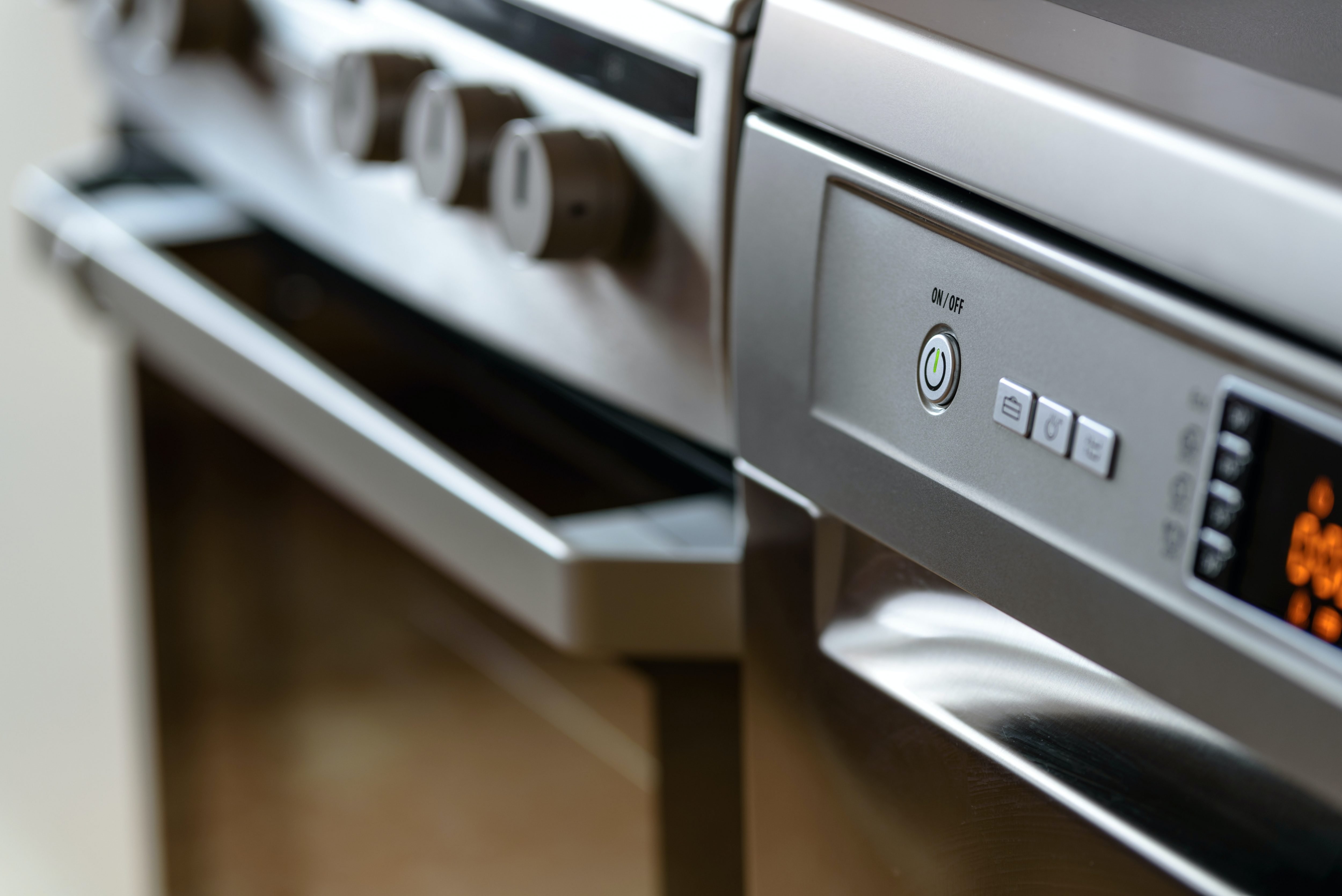
Opt for Energy-Efficient Appliances
Whether it’s your washing machine, fridge, or oven, energy-efficient appliances can significantly cut down on electricity consumption. When shopping for new appliances, look for the ENERGY STAR label or other certifications that indicate high efficiency.
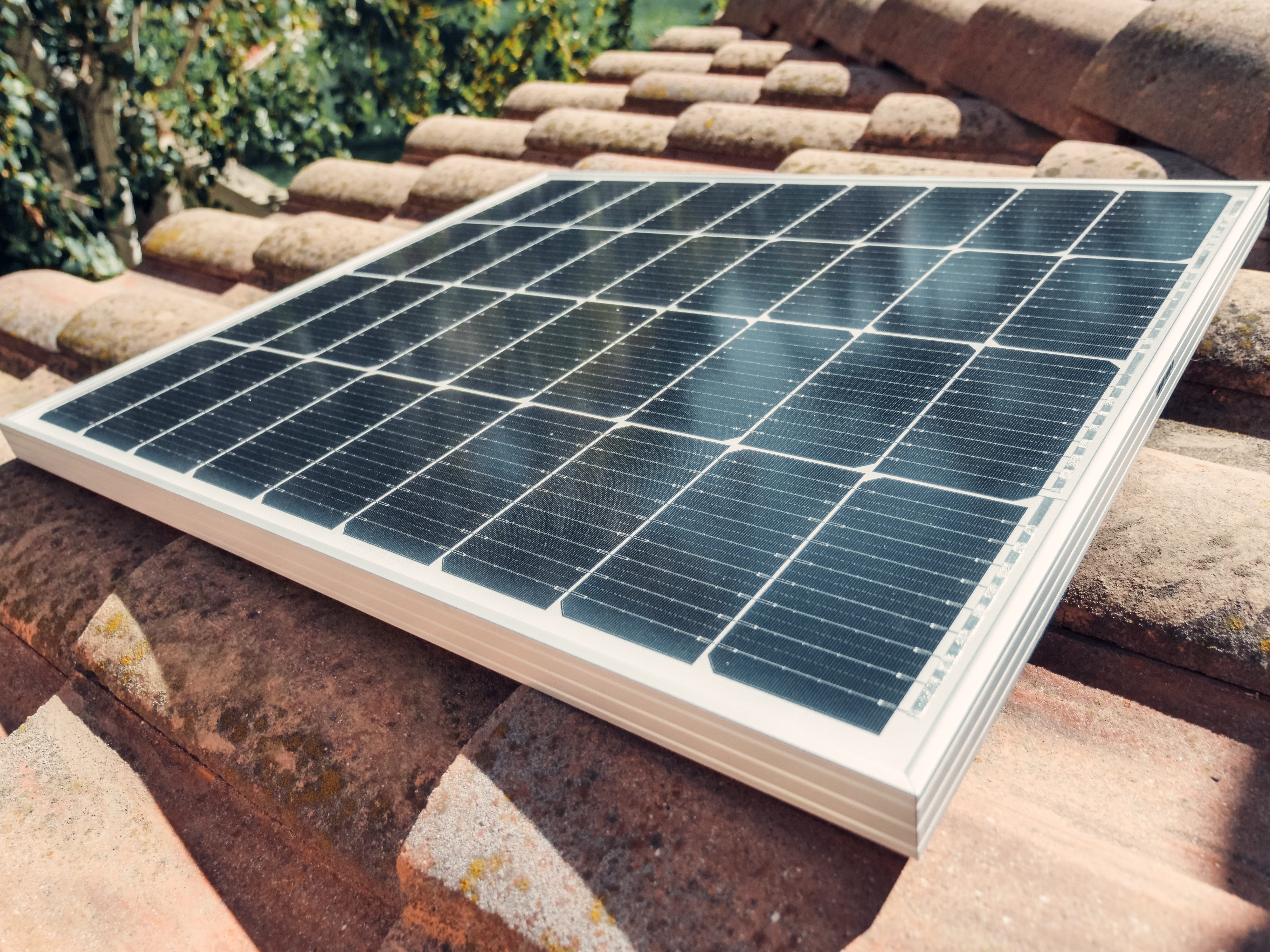
Consider Renewable Energy Sources
If you have some money to invest and are looking for a significant boost in your EPC rating, consider renewable energy sources like solar panels. While the upfront cost can be high, government incentives and the money you’ll save on energy bills make it a worthwhile investment, if you’re not intending to sell your property in the near future.

Let There Be LED Light!
A quick and cost-effective way to improve your EPC rating is by switching to LED bulbs. They use up to 90% less electricity than traditional incandescent bulbs and last much longer, saving you money in the long run.
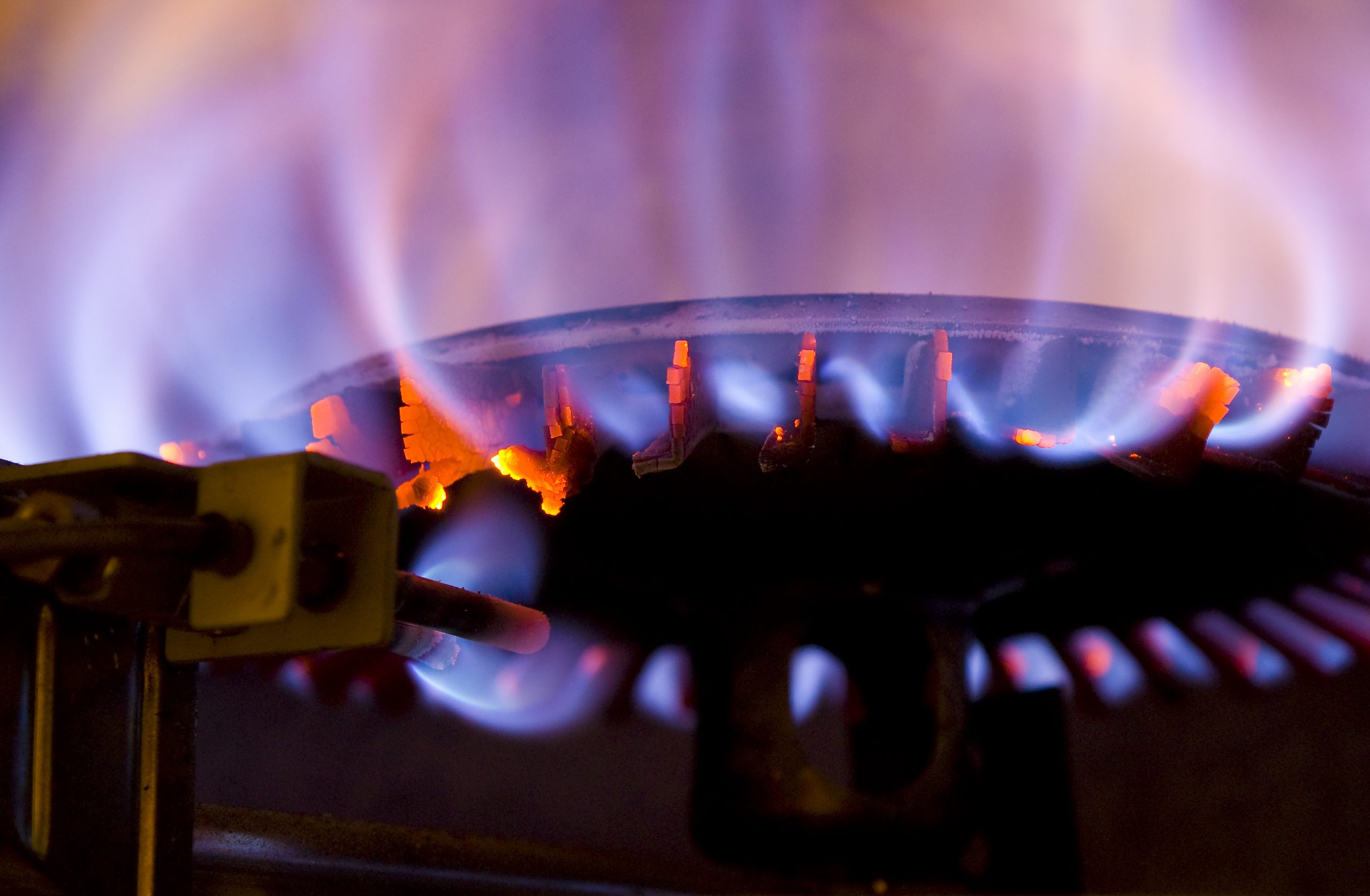
Boiler Upgrades
If your boiler is more than 10 years old, chances are it’s not very efficient. Newer models are designed to save energy, and upgrading could give your EPC rating a considerable boost.
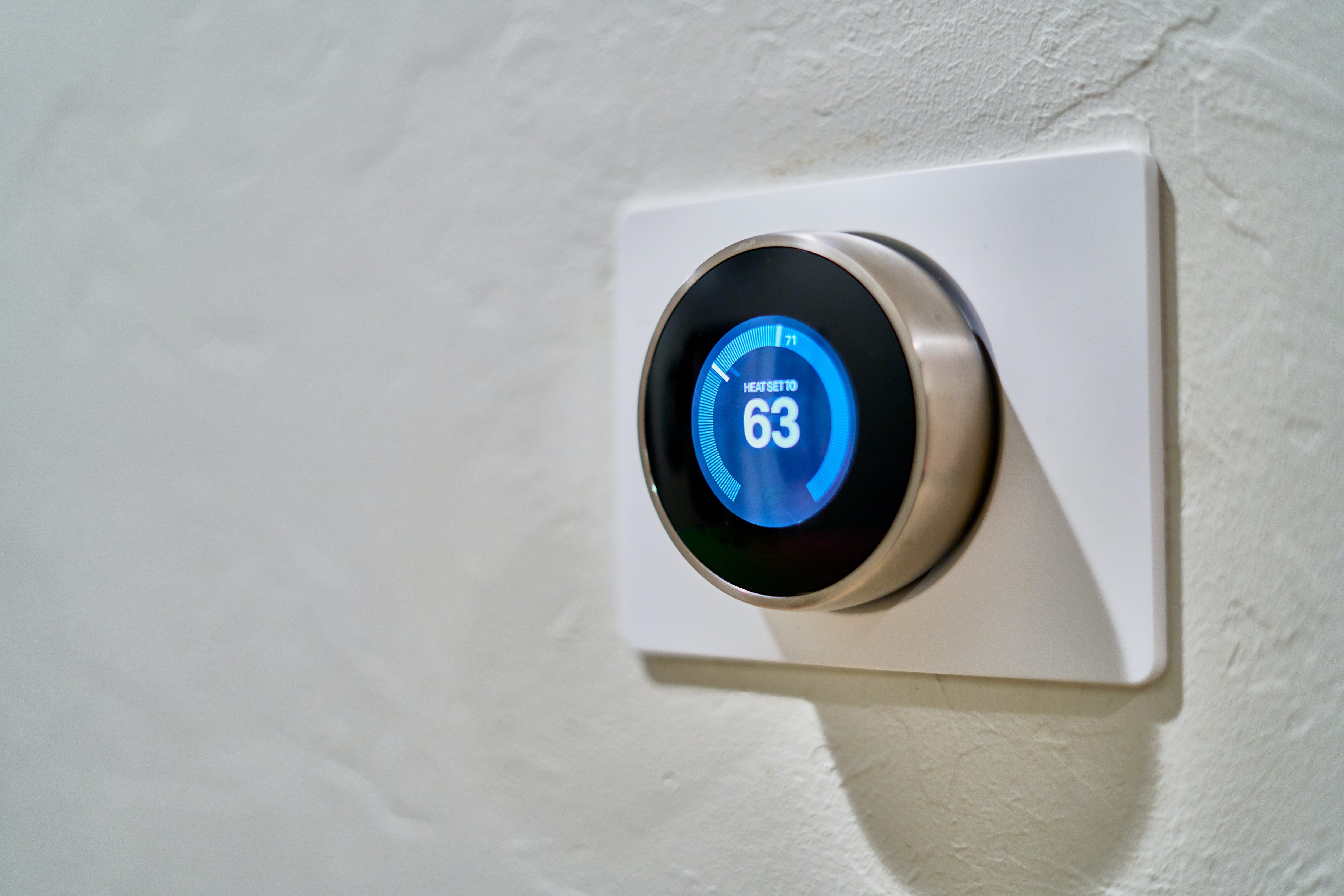
Mindful Heating
Install a smart thermostat to control your heating more efficiently. Programmable settings allow you to heat your home only when needed, cutting down on energy waste. Plus, some smart thermostats learn your schedule and preferences, adjusting the heat automatically for maximum efficiency.
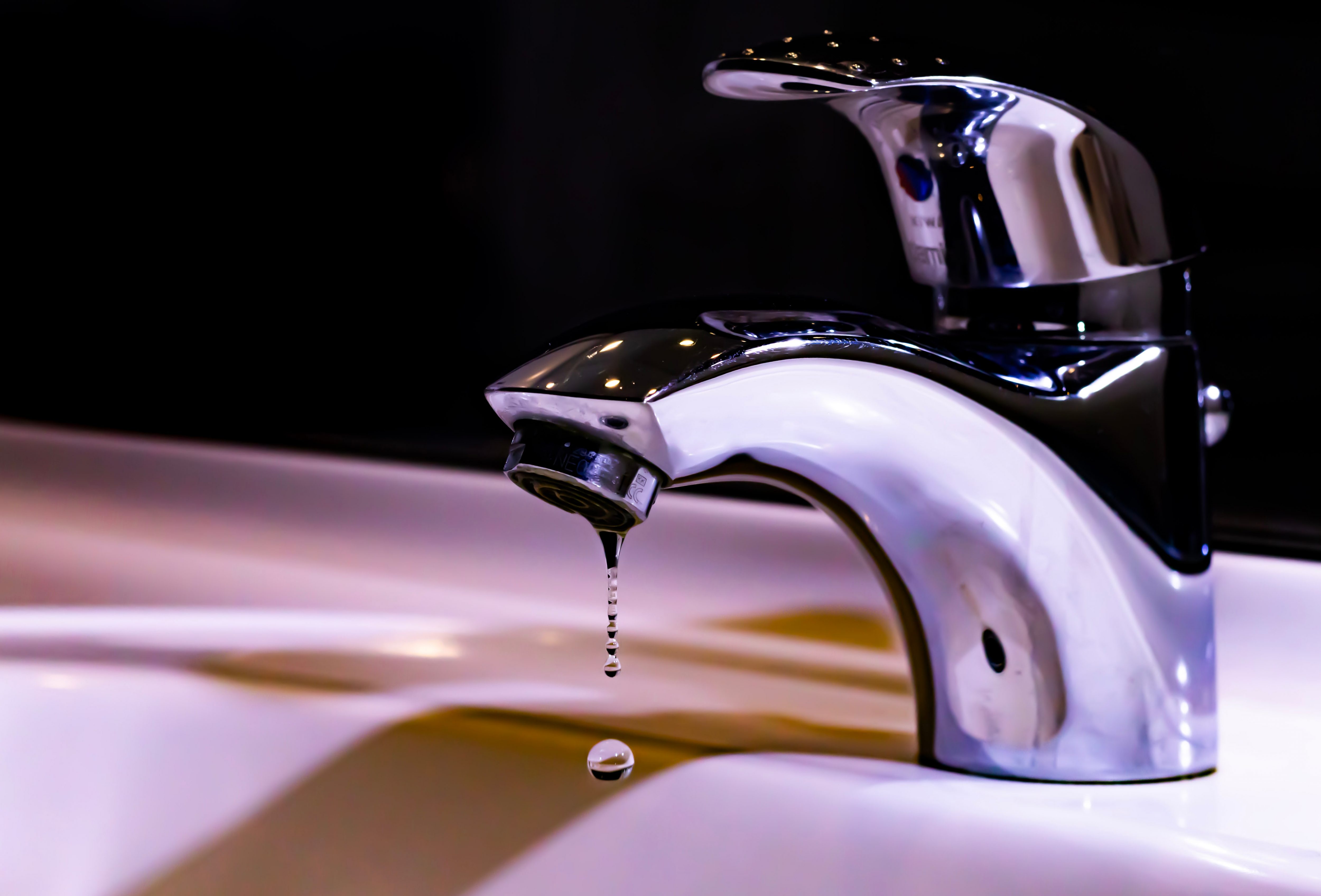
Water-Saving Features
Believe it or not, water efficiency can also impact your EPC rating. Install low-flow faucets and showerheads, and consider a dual-flush toilet to reduce water consumption.
Get a Professional Assessment
Finally, if you’re serious about improving your property’s EPC rating, it’s a good idea to get a professional assessment. An energy assessor can identify specific areas for improvement unique to your property, that you may have overlooked and can provide tailored recommendations for your property. We can provide you with an energy assessor, who can carry out an EPC on your property, whether you’re just curious to know what your homes’ EPC rating is and would like advice on how to improve it and of course, if you need an EPC in order to sell your property.
Improving your EPC rating is not just about doing one big thing; it’s about making lots of little changes that add up. Whether you’re planning to sell, rent, or simply want a more energy-efficient home, these tips should set you on the right path to a greener future.
For a Free Valuation, contact your local Arden branch. We have offices in Barnt Green, Bromsgrove, Lydney, Redditch, Rubery, Solihull and Worcester, and our friendly team of experts are here to advise and help you every step of the way.

